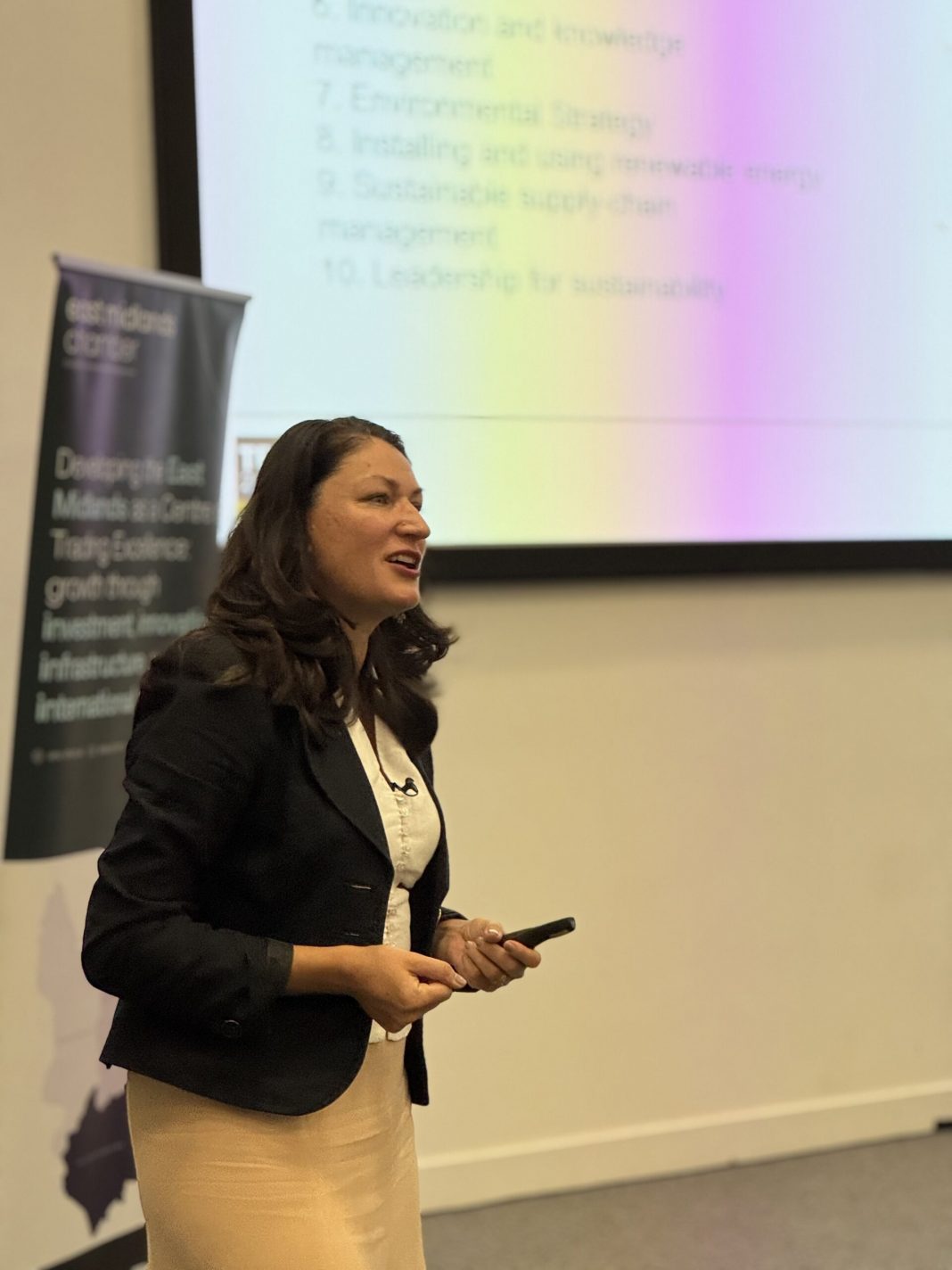A new report shows that small and medium-sized enterprises in the East Midlands are playing a leading role in advancing green growth.
The annual Green Growth Trends in the East Midlands study, conducted by East Midlands Chamber and the University of Derby, reveals that almost half of the region’s firms are now deriving sales from green goods and services. This marks a 3% increase compared to last year.
Decarbonisation efforts have also grown, with adoption up by 2.7% since 2024. Nearly half of businesses, or 48.1%, report they are taking steps to cut carbon emissions. Medium sized companies are the most active, with seven in ten pursuing decarbonisation, followed by half of small firms and a third of micro businesses.
The findings highlight a significant shift over the past decade, with overall engagement in green growth having tripled since 2015. However, collaboration remains limited. Fewer than one in ten businesses are collaborating on green initiatives, and a third report that finding opportunities to collaborate is challenging.
The report also shows limited progress in nature-based solutions, with nearly half of firms never adopting such approaches. Meanwhile, the number of large businesses actively engaged in green growth decreased from 75% in 2024 to 40% in 2025.
East Midlands Chamber Director of Policy and Insight Richard Blackmore said: “The sizable lift in the number of firms addressing sustainability goals, actively pursuing green growth shows East Midlands businesses are bringing the journey toward net zero higher up their list of priorities. That is encouraging to see and something the region can be proud of.
“Smaller and medium sized firms have really stepped up and are embracing the opportunities presented by either having a good decarbonisation strategy in place or starting out and considering what that might look like. It’s never too late to get going with approaches to sustainability so businesses are clearly becoming more aware of the benefits, such as boosting reputation, attracting talent to work for them, reduction of energy costs and preparing for a cleaner future.”



